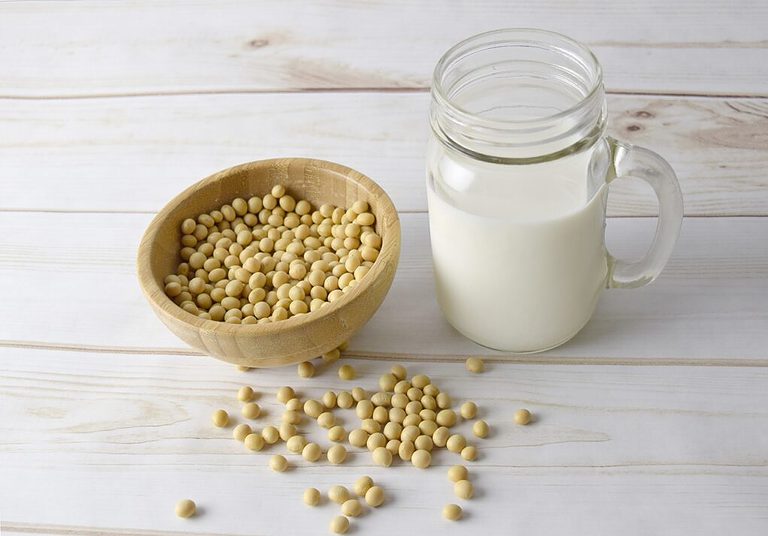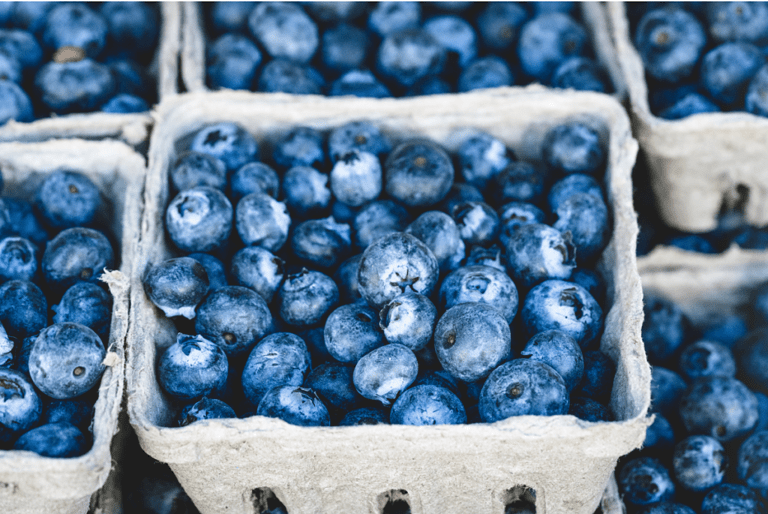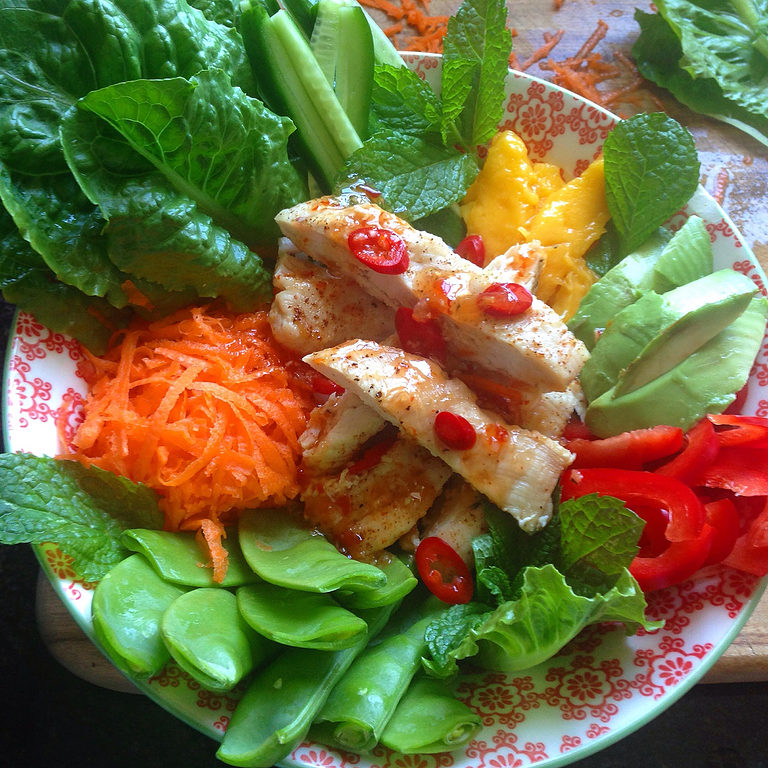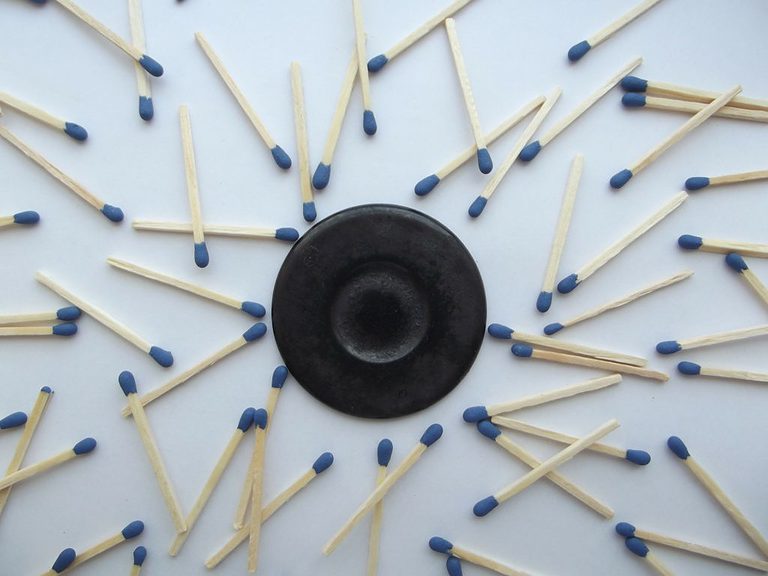As a woman, we often get told our biological clocks are ticking. But what happens when we head off to our doctors to learn a bit more about our fertility and find out that we are hurtling towards menopause faster than you may have thought?
Primary Ovarian Insufficiency (POI), sometimes called primary ovarian failure (POF), may be to blame and I see it quite a lot in my practice.
So, in this blog post, I am diving into the symptoms of POI and where to focus your nutrition to optimise egg quality if you’d like to go down the path of egg freezing or just looking to mitigate the effects of early menopause.
What is Primary Ovarian Insufficiency (POI)?
POI affects around 1% of women and occurs when the ovaries stop functioning normally before the age of 40. It can happen spontaneously (due to genetics or unknown reasons) or a result of medical treatments such as chemo or radiotherapy.
Symptoms of Primary Ovarian Insufficiency (POI)
What does POI actually look like? Let’s get down to the specifics. Symptoms that women experience with POI may include:
- Amenorrhoea: periods going MIA or becoming less regular, it can often get misdiagnosed as PCOS.his is why POI can sometimes be called premature menopause.
- Infertility: this can occur as a result of your ovaries not producing normal amounts of estrogen or releasing eggs regularly, egg freezing may be an option that you can discuss with your GP and fertility specialist.
- Menopausal symptoms: feeling moody, not sleeping well, irritability, hot flushes, night sweats, low libido (NB: these symptoms may be more severe compared to women experiencing natural menopause)
- Psychological issues: may experience higher levels of depression and anxiety
To be diagnosed with POI, you need to get particular blood tests with your GP to take a look at particular hormone levels.
Women under 40 experiencing irregular or missed periods and especially with other symptoms of POI mentioned above, should most definitely consider a blood test as POI is too often under-diagnosed.
Also, early diagnosis is key as women with POI are at increased risk of infertility, osteoporosis, cardiovascular disease and neurocognitive disorders (RACGP, 2017).
Who is at risk?
A few factors can impact a woman’s risk for POI:
- Family history: women who have a mother or sister with POI have a greater likelihood of being diagnosed. Around 10-20% of women with the condition have a family history of POI.
- Genes: more than 25% of women diagnosed with POI is a result of genetic disorders and conditions including Fragile X syndrome and Turner syndrome.
- Other factors: viral infections, autoimmune diseases, chemotherapy and other treatments can place women at a higher risk of POI
Diet for Primary Ovarian Insufficiency (POI)
Nutrition can play an important role in managing the symptoms of POI and improving quality of life across various aspects of health, not just fertility!
Bone Health Nutrition
Women with POI are at an increased risk of developing osteoporosis in the future as oestrogen drops leaving the bones vulnerable for longer periods of time, we see this in women going through menopause, so paying special attention to bone health is key. One study showed women with POI have lower bone mineral density than pre-menopausal women of the same age. Women with POI also had a greater likelihood of developing osteoporosis compared to women experiencing natural menopause.
Getting enough of the following can help support healthy bones:
- Vitamin D: the best source is 10-15 minutes of sunlight a day; but vitamin D can also be found in foods such as egg yolks, mushrooms and salmon.
- Calcium: found in milk, yoghurt and cheese have always been known to be great sources of calcium. But let’s not forget about all our non-dairy foods high in calcium i.e. hemp seeds, tahini, sesame seeds, bony fish like sardines and soy!
- Enjoy a diet rich in Vitamin K: think green, leafy veg and you can’t go wrong and prunes too, which have been researched for their bone health benefit (Wallace et al., 2017).
- Magnesium found in avocados, nuts/seeds, legumes can also support healthy bones.
Healthy Eggs
Some women with POI may wish to freeze their eggs for future use. In this case, it is best to start taking a prenatal supplement to provide yourself with essential vitamins and minerals that assist in improving egg quality and health.
Get a personalised prenatal supplementation plan designed by an expert fertility dietitian
Some women may also require Hormone Replacement Therapy until the natural age for menopause (generally 51 years old) to help maintain oestrogen levels for healthy bones, a healthy heart and to avoid the uncomfortable symptoms of menopause.
Menopausal symptoms
Finally, to help combat menopausal symptoms, there are some lifestyle changes that can really help:
- Limiting alcohol can help reduce the severity of hot flushes or at least prevent it from getting worse!
- Research has also found that increasing your soy intake from tofu, soy milk, tempeh and edamame beans may help with menopausal symptoms (it’s worth a shot!). If you want more info on eating for menopause, check out my blog Eating For Menopause for more.
Getting a diagnosis of POI can be very overwhelming and stressful leaving you to make some pretty big decisions in a short amount of time. The good news is, diet and lifestyle can make a really big difference to key symptoms and reduce the risk of health concerns in the short and long-term.
If you’ve recently been diagnosed with POI, take control and book your free 15 min discovery call with us at The Dietologist today and let’s develop a tailored plan for your symptoms and goals.
This blog was co-written by Jessica Perrone, a final year Master of Nutrition and Dietetics student at The University of Sydney. You can find Jess on Instagram @nutritionby_jessperrone and on LinkedIn.







